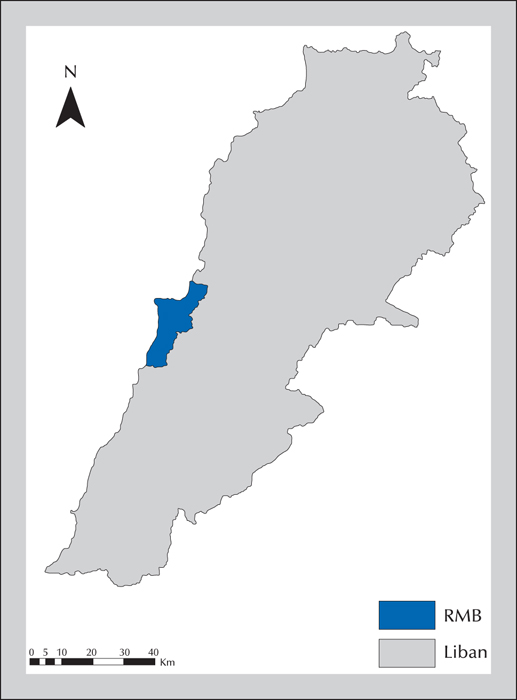Environnement, Risques & Santé
MENUPerception of the health risks of air pollution in Beirut, Lebanon Volume 17, issue 3, May-June 2018
Figures
Tables
Option environnement et aménagement de territoires
Université du Littoral Côte d’Opale
Université Saint Joseph de Beyrouth
Faculté des lettres et des sciences humaines
Rue de Damas Beyrouth
B.P. 17-5208 Mar Mikhaël
Beyrouth 1104-2020
Liban
Déléguée à la recherche de la Faculté des lettres et des sciences humaines
Université Saint Joseph de Beyrouth
Rue de Damas Beyrouth
B.P. 17-5208 Mar Mikhaël
Beyrouth 1104-2020
Liban
Université du Littoral Côte d’Opale / Laboratoire territoires, villes, environnement & société (EA 4477)
Maison de la recherche en sciences de l’homme
21, quai de la Citadelle
59140 Dunkerque
France
- Key words: air pollution, perception, health risks, Lebanon
- DOI : 10.1684/ers.2018.1159
- Page(s) : 269-77
- Published in: 2018
Road traffic is an important problem in the Lebanese capital and a major source of air pollution. Studies show that the concentration levels of NO2 and PM10 in Beirut have consistently exceeded the thresholds set by the World Health Organization since 2003. Moreover, hospital admissions for heart and respiratory diseases are correlated with PM10 peaks in the city.
To study public perception of air pollution and its health risks, we conducted a survey of a sample of 414 respondents in the Greater Beirut Area, between March and April 2016.
Results show that air pollution is perceived as the most serious environmental risk, even though there was a solid waste crisis in the city during the survey. People perceive the Beirut air quality as very poor and report that it has deteriorated in the past five years. Only 50% perceive health risks to themselves, but 85% consider that it affects the population in general. Respondents cited respiratory disorders, allergies, and cancers as diseases resulting from air pollution.
In addition, they were not aware of existing environmental policies or strategies and did not trust their decision makers or experts. On a personal level, they did not report trying to decrease pollution levels or changing their behavior to prevent or avoid it.
In conclusion, despite the Beirut population's accurate perception of air pollution and its impact, people still have a fatalistic outlook towards this environmental risk. We therefore face two problems: the Beirut population is not aware of the environmental policies against this road traffic pollution nor are those who are aware of them ready to take personal action against it.
![]() This work is licensed under a
Creative Commons Attribution-NonCommercial-NoDerivatives 4.0 International License
This work is licensed under a
Creative Commons Attribution-NonCommercial-NoDerivatives 4.0 International License








